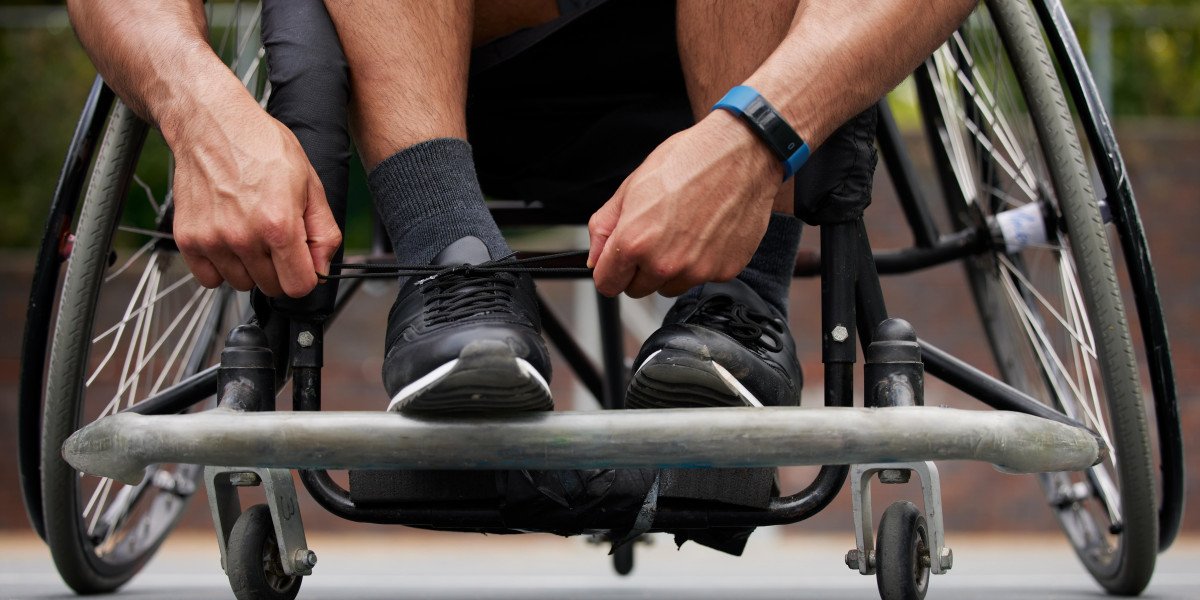Understanding the Process of Buying a Driver License: A Comprehensive Guide
In today's significantly mobile society, having a legitimate driver's license is typically considered a necessity. It offers individuals with the freedom to browse their environments, access task opportunities, and perform everyday activities with ease. However, the idea of obtaining a driver's license can be mired in confusion and disappointment, especially for those unknown with the conventional application paths. In spite of some misleading stories that recommend the choice to merely "buy driver license" a driver's license, understanding the legal pathways and the implications of such decisions is important for anyone looking for to strike the road legally.
The Importance of a Valid Driver's License
A driver's license serves numerous vital functions:

Legal Identification: It functions as a government-issued recognition file, accepted broadly for various functions, including ballot and monetary deals.
Proof of Driving Competence: The license indicates that the holder has actually passed the required driving tests, showing their capability to run a car safely.
Insurance coverage Requirement: Most states need drivers to have a valid driver's license to secure automobile insurance coverage, which is compulsory for road use.
Traffic Laws Compliance: A driver's license reassures police that individuals have actually undergone the needed training to understand and adhere to traffic laws.
Legal Pathways to Acquiring a Driver's License
In pursuit of driving privileges, there are genuine processes one can follow to obtain a driver's license:
1. Student's Permit:
- This is typically the primary step for brand-new drivers. A student's authorization enables people to practice driving with a licensed adult present.
- To acquire a student's permit, candidates usually need to:
- Be of a specific age (generally 15 or 16).
- Pass a composed understanding test.
- Offer needed documentation, such as evidence of identity and residency.
2. Driver Education:
- Enrolling in a driver education course can provide necessary understanding about road guidelines, safety procedures, and lorry operation.
- Completion of this course might be a requirement for getting a full driver's license in the majority of jurisdictions.
3. Roadway Test:
- After keeping the student's license for a specified duration and logging the required driving practice hours, people can schedule a road test.
- Passing this test is important for getting a complete, unlimited driver's license.
4. Documents:
- Applicants will usually need to offer:
- Identification documents (like a birth certificate or passport).
- Evidence of home.
- Social Security number.
- Any previous driving records, if relevant.
5. Costs:
- There are normally costs related to the application procedure, which might differ by state.
The Risks of Buying a Driver License
While the concept of buying a driver's license may at first appear appealing, it is accompanied by substantial threats and potential repercussions:
Legal Ramifications: Purchasing a driver's license beyond the established legal channels is illegal. Individuals captured in this act may face severe charges, including fines or imprisonment.
Identity Theft Risks: Many deceitful offers on the internet involve identity theft, where individuals might inadvertently expose their individual details.
Insurance Issues: Without a genuine driver's license, getting vehicle insurance coverage can be difficult. Driving without insurance can lead to significant fines and liability for accidents.
Increased Risk of Accidents: Without the requisite training and testing related to getting a legitimate license, inexperienced drivers posture a risk to themselves and others on the roadway.
Frequently asked questions About Acquiring a Driver License
1. Can I drive without a driver's license?
No, driving without a legitimate driver's license is prohibited in most jurisdictions. It can lead to fines and extra penalties.
2. The length of time does it take to get a driver's license?
The timeline can vary depending upon the individual's state of residence, stockpile at the Department of Motor Vehicles (DMV), and how quickly the applicant finishes the essential actions. Typically, the entire process might take numerous months from obtaining a student's permit to scheduling and passing the road test.
3. Can I utilize my out-of-state driver's license in another state?
Yes, many states allow people to drive with an out-of-state license for a specific period. Nevertheless, if you end up being a citizen of the brand-new state, you will require to get that state's driver's license.
4. What should I do if my driver's license is lost or stolen?
You should report the loss or theft to your regional DMV and follow their procedure for getting a replacement. This typically includes confirming your identity and paying a small charge.
5. Exist age restrictions for obtaining a driver's license?
Yes, each state has minimum age requirements. Typically, individuals can begin the procedure with a student's license at age 15 or 16, however complete licenses are usually approved at 18 or 21.
Concluding Thoughts
While the allure of simply buying a driver's license might exist in some circles, the involved threats and legal implications make this choice unadvisable. Instead, understanding and following the genuine courses to acquiring a driver's license is the most safe and most accountable technique. Whether through a teenager's preliminary journey towards independence or an adult looking for to restore driving privileges, navigating the appropriate channels not just ensures compliance with the law but likewise cultivates accountable and educated drivers. Therefore, potential drivers are motivated to invest their time and effort into the legal procedure, ensuring an intense and lawful future invested in the open roadway.








